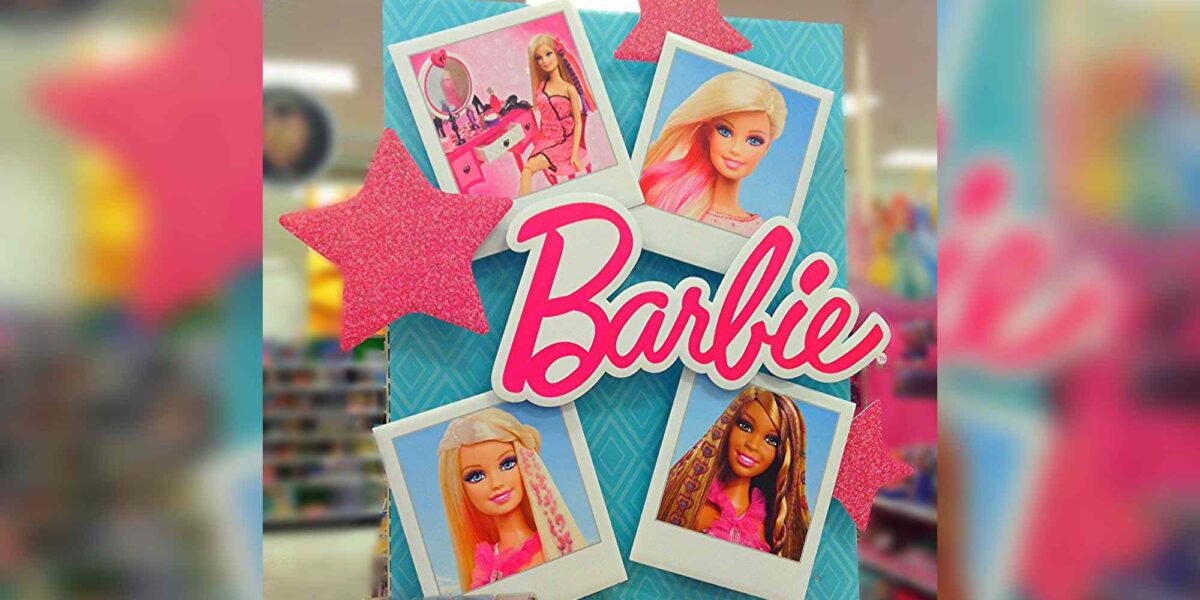Like most others, I eagerly awaited the release of this summer’s upcoming blockbuster, Barbie. It seemed to be a fresh idea. It was aimed at Barbie haters and lovers alike. It was directed by one of my generation’s most beloved coming-of-age film directors, Greta Gerwig, and starred one of Hollywood’s most adored sweethearts, Margot Robbie.
Amidst my excitement for the film, though, I admit I expected very little in terms of the feminist sentiments that would prevail throughout the film. What I did not expect was the overwhelming praise that self-proclaimed feminists would give it.
The film’s reception poses meaningful food for thought: what does Barbie say about pop-culture’s dominant narratives and society at large?
Movies are never apolitical. They will, without fail, express implicit or explicit biases and values. Mainstream movies in general serve as a reflection of dominant narratives in Western society. They almost always mirror the status quo and the positives and negatives associated with it – and if they do not, they will likely challenge it in a way that is neither meaningful nor radical.
Barbie (2023)’s level of success broke records. It is the highest-grossing movie directed by a woman.It is set to break the record for the highest-grossing movie of 2023. Its reception by women everywhere has been overwhelmingly positive, with many saying it made them “sob and call their mums.”
Mattel, the multinational entertainment and manufacturing corporation behind the creation of the Barbie film voiced its aims to create a ‘Mattel Cinematic Universe’ in 2018. ; and if Marvel has taught us anything, it is that leveraging intellectual property via the creation of a cinematic universe in order to generate more profit means that no radical, status-quo-questioning, progressive ideas will be explored in the films.
Still, the Barbie movie has garnered universal acclaim. Perhaps we have settled for a tool of corporate expansion as our epoch-defining feminist masterpiece.
Since its inception, feminism has evolved into a deeply nuanced radical pursuit. At its best, it seeks to change the societal structures that subjugate women, with an emphasis on women of colour, and trans women. It aims to promote equality on all levels.
But this is not always the case. white feminism, trans-exclusive radical feminism, and liberal feminism still plague our society. Barbie is a manifestation of the third.
The film’s attempt at self-awareness led it to bring up critiques of Barbie, it mocked the fact that Barbie thought herself to be a feminist icon that cured the plight of women around the world.
“You represent everything wrong with our culture, sexualised capitalism, unrealistic physical ideals. […] You destroy girls’ innate sense of worth and you are killing the planet with your glorification of rampant consumerism”, says one of the film’s main protagonists: Sasha.
And she was right. Studies have shown that children who have played with Barbies are more likely to develop eating disorders. The movie first introduces us to Sasha as a feisty teenage girl with rather radical opinions about Barbie that challenged the doll’s conception of herself.
You would expect Sasha to be a primary catalyst to the plot’s development. Sasha lists some very real problems Barbie had, as a brand and a doll, But none of these problems she brought up were elaborated on. Though, that can hardly be expected of a film that had been created with the intention of of allowing the Mattel corporation to expand its reach, to be the first step in creating a Mattel cinematic universe.
In the end, the film echoes the very same sentiments it so lazily criticised.
To be terse, I mistakenly expected much more from this generation’s radical thinkers. I did not expect a celebration of these rehashed girl-boss feminist ideals from 2012, used as marketing tools for Mattel. It sparks a lot of questions on the direction we are headed.
Barbie has undoubtedly become a marker of this era’s cultural zeitgeist, and a potential warning sign for the state of feminism in 2023. As most leftists know, liberal feminism does not advocate for the emancipation of women. There is a reason that this brand of feminism was espoused in Barbie to expand corporate interests – it does not meaningfully challenge the patriarchal status quo in any way (yes, even though the right-wingers are mad at it).
In the end, Barbie (2023) stands as a cautionary tale. It reminds us that we cannot divorce genuine feminist artistry from the commitment to challenge and reshape societal norms. Our collective standard for art and feminism should be higher. It is essential that we hold both creators and consumers accountable for the narratives that they perpetuate.



